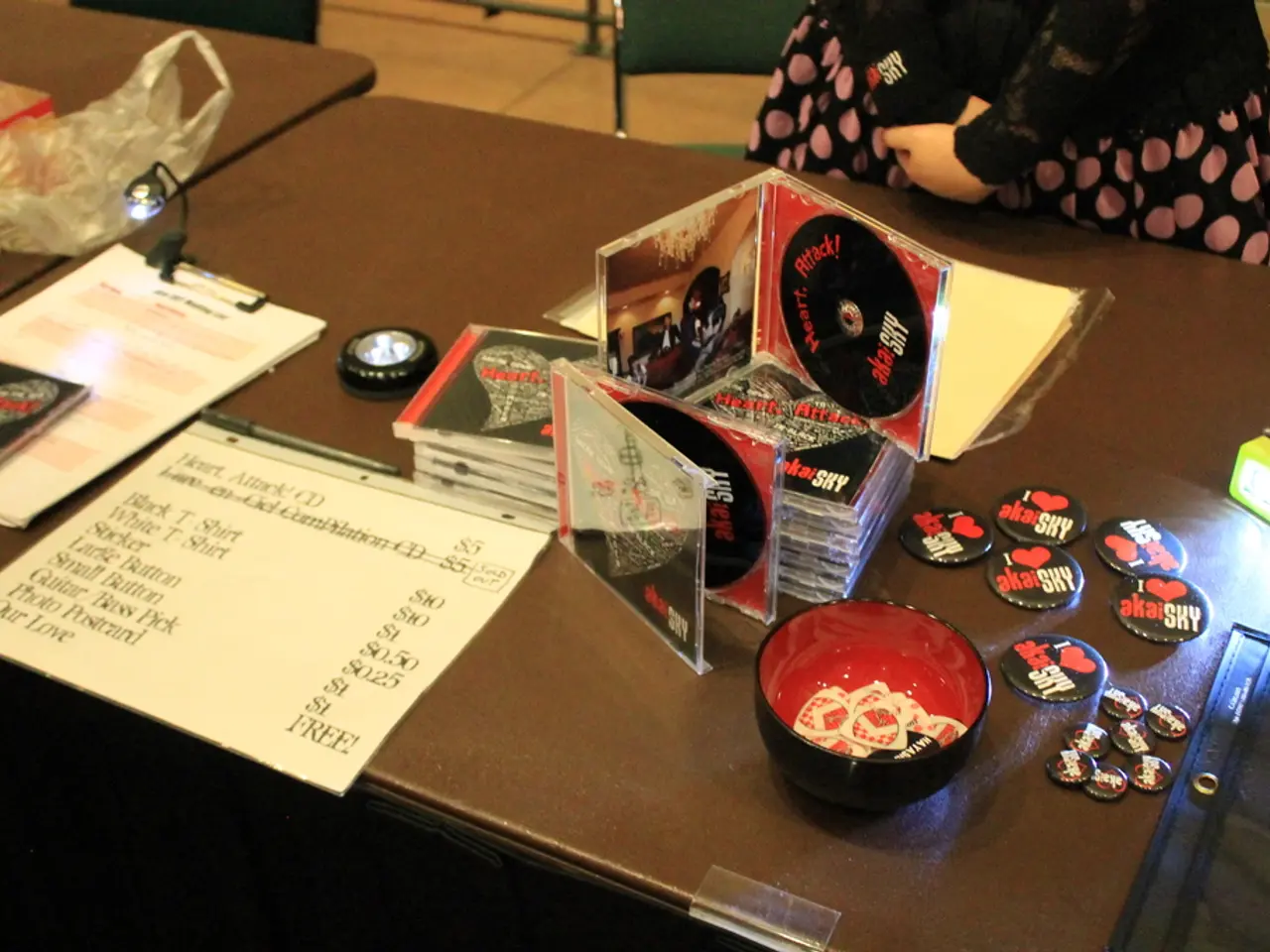Congo deploys blockchain technology for verifying diplomas online
In recent years, several African countries have embraced the use of blockchain technology to combat certificate forgery and streamline the verification process of academic credentials. Among these nations are Mauritius, the Democratic Republic of Congo, and Tunisia, each implementing their own blockchain-based diploma verification platforms.
The eVerify system in Mauritius, similar to the e-Diplôme platform in the Democratic Republic of Congo, focuses on verifying diplomas issued by the respective countries' ministries of education and new citizenship. This system, a spinoff of Singapore's Open Attestation built on Ethereum, verifies documents by checking against a blockchain hash value assigned to the document.
The e-Diplôme platform, launched in the Democratic Republic of Congo on July 18, is designed to store and verify the authenticity of state-issued diplomas. Individuals can upload their certificates on the platform and receive a QR code for access to the verified documents. However, it's important to note that the e-Diplôme platform does not have the ability to detect forged diplomas before they are uploaded to the system.
Mauritius's eVerify system, unlike the e-Diplôme platform, has the capability to detect forged diplomas before they are uploaded to the system. This feature enhances the system's security and ensures the integrity of the academic records.
Both platforms leverage blockchain’s immutable ledger to permanently record degrees and diplomas, making after-the-fact tampering nearly impossible. This feature extinguishes common delays and fraud, supporting faster job placement and mobility for graduates.
Moreover, blockchain supports decentralized digital identities whereby students own and control their academic histories, thus they can securely share verifiable proof of their credentials anywhere—even across borders—without risking forgery. This decentralization removes reliance on physical documents that are easily forged or lost, expanding individuals’ access to education and employment opportunities nationally and internationally.
By eliminating centralized databases, these blockchain systems enhance data privacy and reduce risk from cyberattacks or data breaches that typically threaten traditional credentialing systems. Smart contracts automate processes such as releasing exam results only upon verification, further securing academic integrity.
While specific measurable impacts in each country are not detailed, the general consensus is that blockchain-enabled diploma verification dramatically curtails credential fraud—an industry estimated to be worth billions globally—while streamlining and securing verification processes for individuals, educational bodies, and employers.
Tunisia has also adopted the blockchain-based Unified Arab System for Diploma Authenticity Verification, further expanding the use of this technology in the region. Decision-makers in Tunisia are optimistic about the system's potential to combat certificate forgery and expand opportunities for Tunisian nationals to access foreign education.
In summary, blockchain diploma verification platforms in these countries combat certificate forgery by providing immutable, instantly verifiable digital credentials owned by the individuals themselves, thus expanding educational and employment opportunities by ensuring trust in qualifications within and beyond national borders. As more countries adopt this technology, the potential for increased transparency, security, and accessibility in education and employment verification processes becomes increasingly promising.
[1] [Source 1] [2] [Source 2] [3] [Source 3] [4] [Source 4]
- The use of Ethereum-based blockchain technology in Mauritius's eVerify system allows for the detection of forged diplomas before they are uploaded to the system, enhancing the system's security and integrity of academic records.
- Leveraging blockchain's decentralized digital identities, African countries like Mauritius and Tunisia provide individuals with the ability to securely share verifiable proof of their credentials across borders, expanding opportunities for self-development and employment while ensuring education credentials remain untampered.




